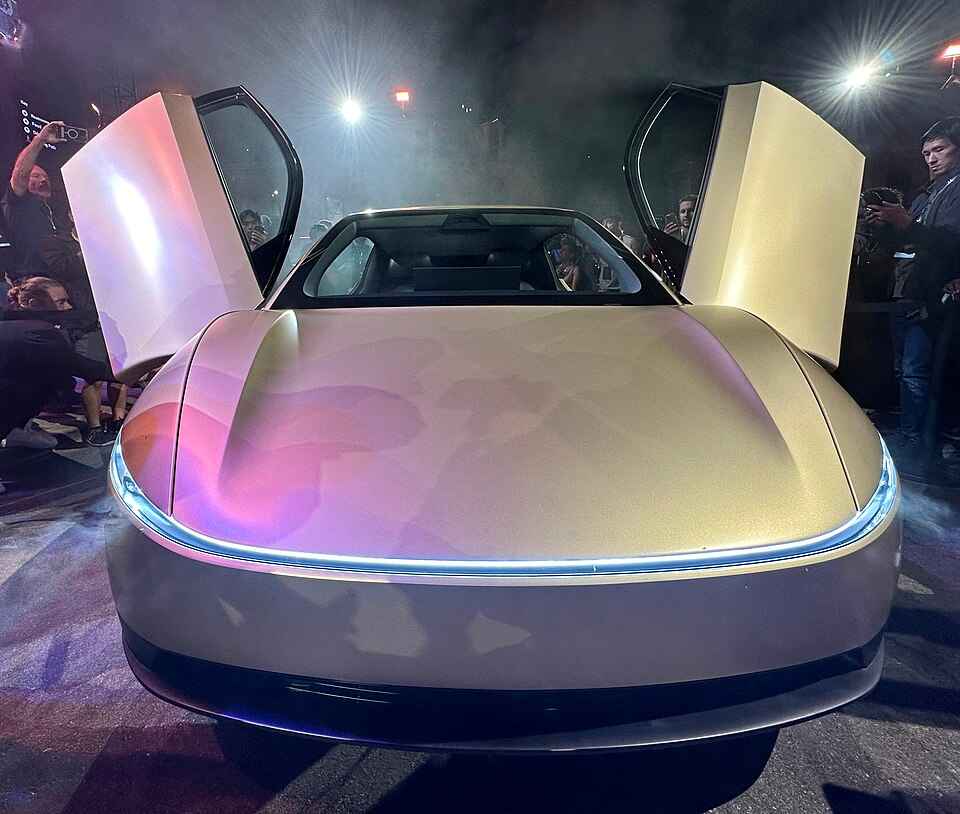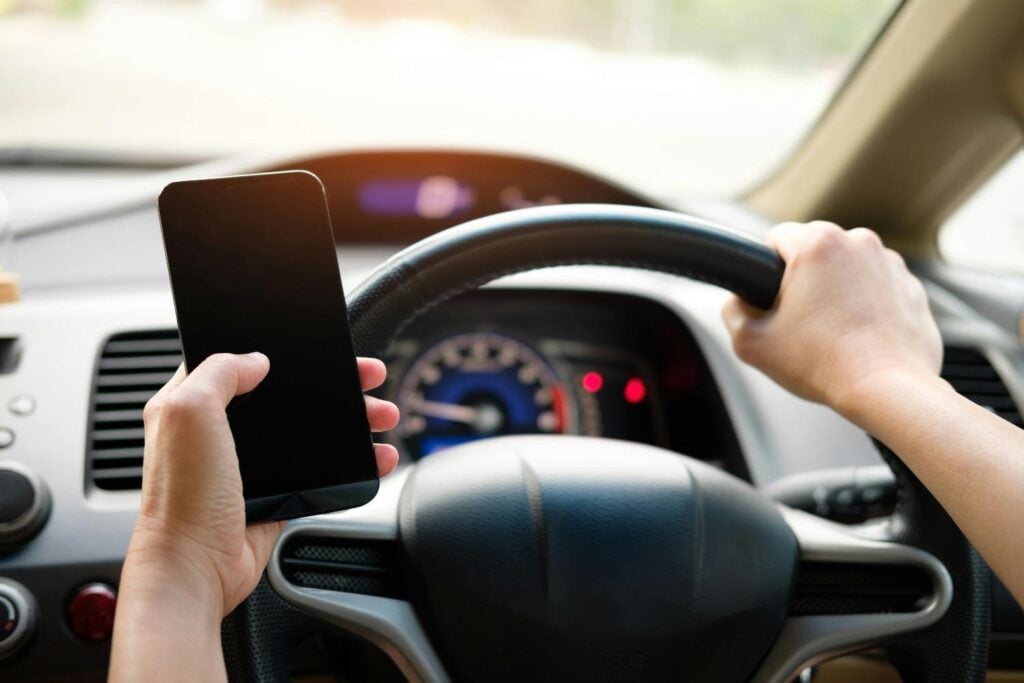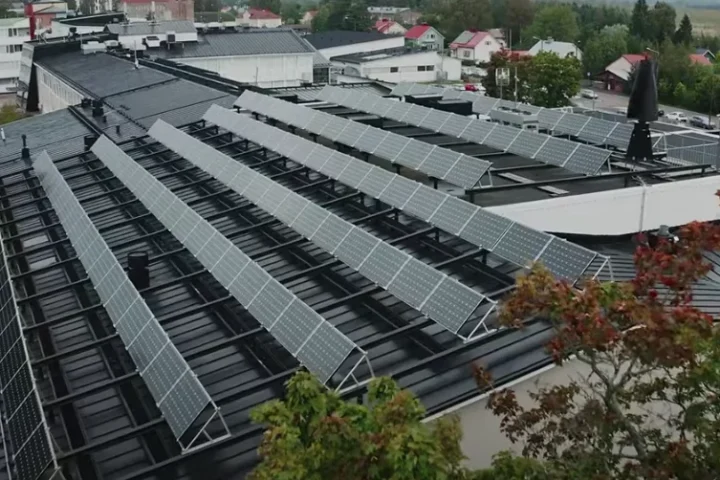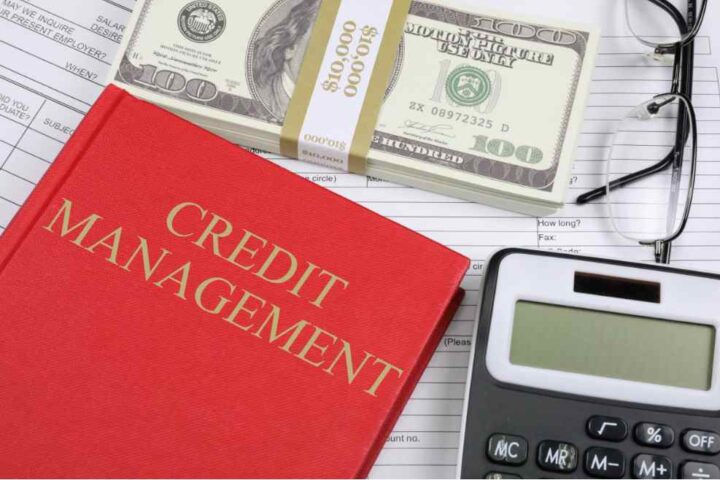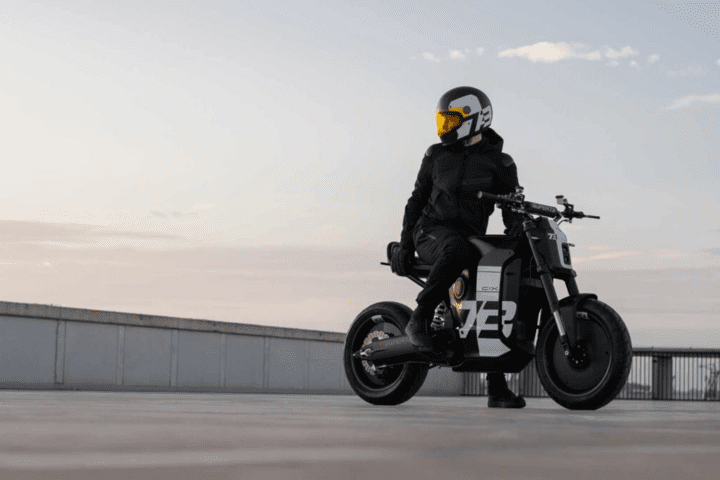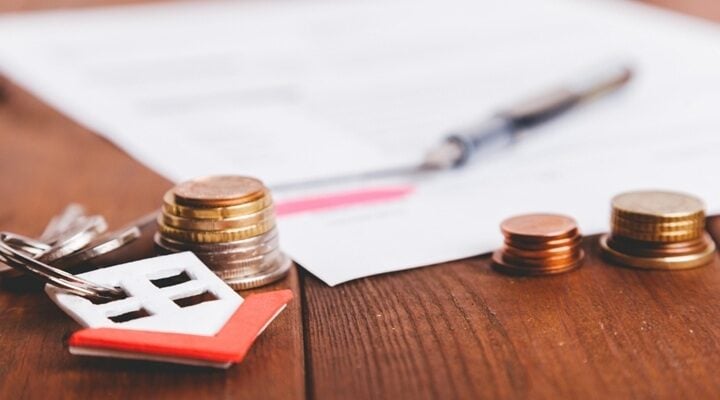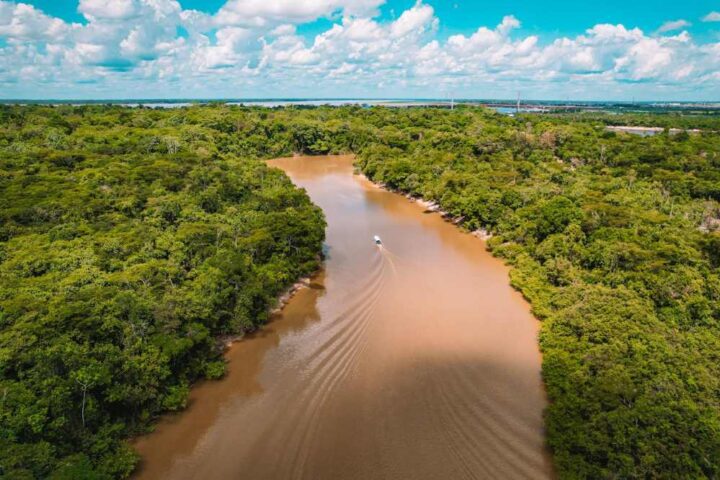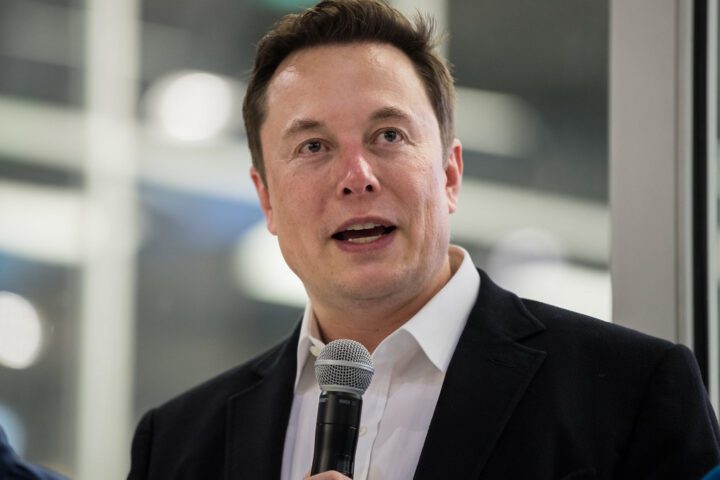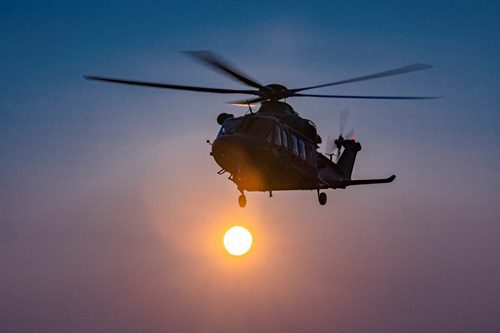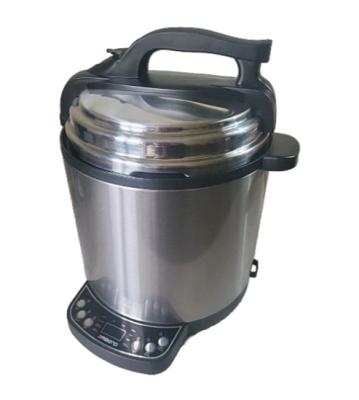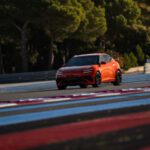Tesla is locked in a legal battle with the city of Austin to prevent the release of communications about its upcoming robotaxi service. The dispute began after Reuters requested two years of correspondence between Tesla and Austin officials following CEO Elon Musk’s January announcement of robotaxi plans for the city.
Tesla’s lawyers argued in an April 16 letter to the Texas Attorney General that releasing these records would expose “confidential, proprietary, competitively sensitive commercial and/or trade secret information” and would “irreparably harm Tesla.”
The company plans to deploy between 10 and 20 driverless Model Y vehicles in restricted areas of Austin this month. Musk recently claimed Tesla has already been testing driverless cars in Austin “for several days” and is “a month ahead of schedule” for the June launch.
Austin public information officer Dan Davis told Reuters that “third parties” had asked the city to withhold the records to protect their “privacy or property interests.” The city has requested guidance from the Texas Attorney General’s office, which handles public records disputes.
Similar Posts
Neal Falgoust, who oversees public records for Austin’s Law Department, explained that the city “takes no position on the confidential nature of the information” but must seek the Attorney General’s opinion when “a third-party asserts that their information is proprietary.”
Reuters pushed back against Tesla’s objections on April 23, arguing that Tesla’s plans to deploy unproven technology on public roads is “an issue of enormous importance to Texas and the public at large” and emphasized the public’s right to information.
The Texas Attorney General’s office must decide within 45 business days of receiving Austin’s request, with a decision expected by mid-June.
This isn’t the first time Tesla has tried to shield information from public view. The company recently asked a judge to block the National Highway Traffic Safety Administration (NHTSA) from releasing data about crashes involving its self-driving features.
The dispute comes at a critical time for Tesla. Many analysts believe a significant portion of the company’s market value depends on the success of its self-driving technology and robotaxi plans. Meanwhile, Waymo, a competitor backed by Google’s parent company Alphabet, has already been operating robotaxis in Austin since March 2025 in partnership with Uber.
NHTSA is currently investigating Tesla’s Full Self-Driving (FSD) technology due to safety concerns, including its involvement in multiple crashes. One notable incident involved an unmanned Cybertruck that drove into a pole in February.

Austin City Council member Zo Qadri has expressed frustration over the city’s limited power to regulate companies “using these public roads as a testing ground,” highlighting the challenges local governments face in overseeing autonomous vehicle deployment.
The outcome of this case could set an important precedent for how much information autonomous vehicle companies must share with the public about technology that operates on public roads.
